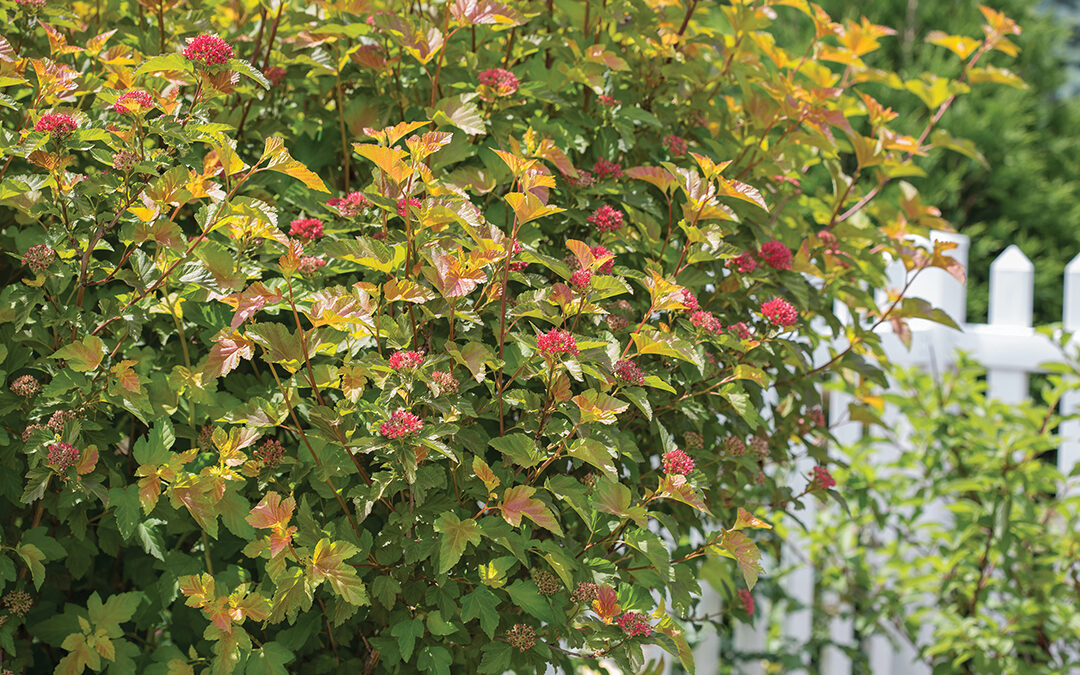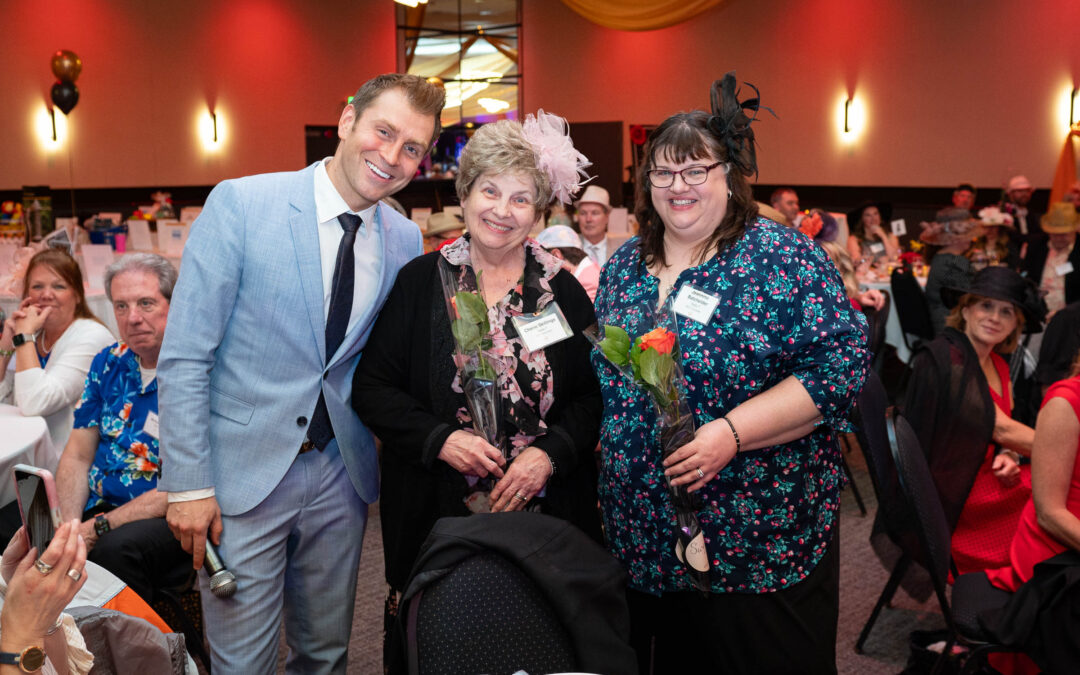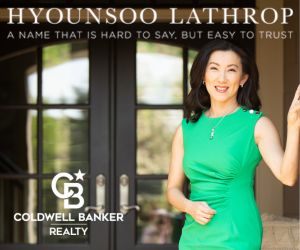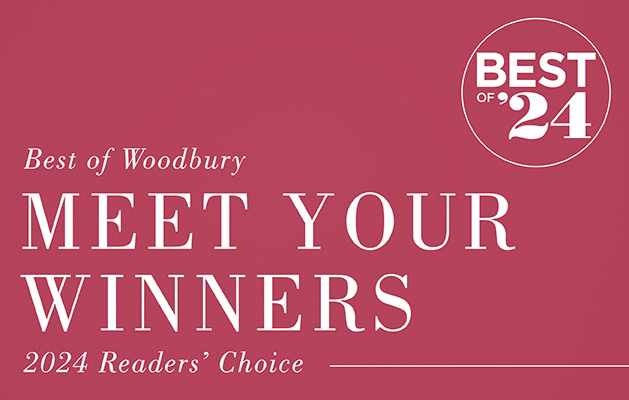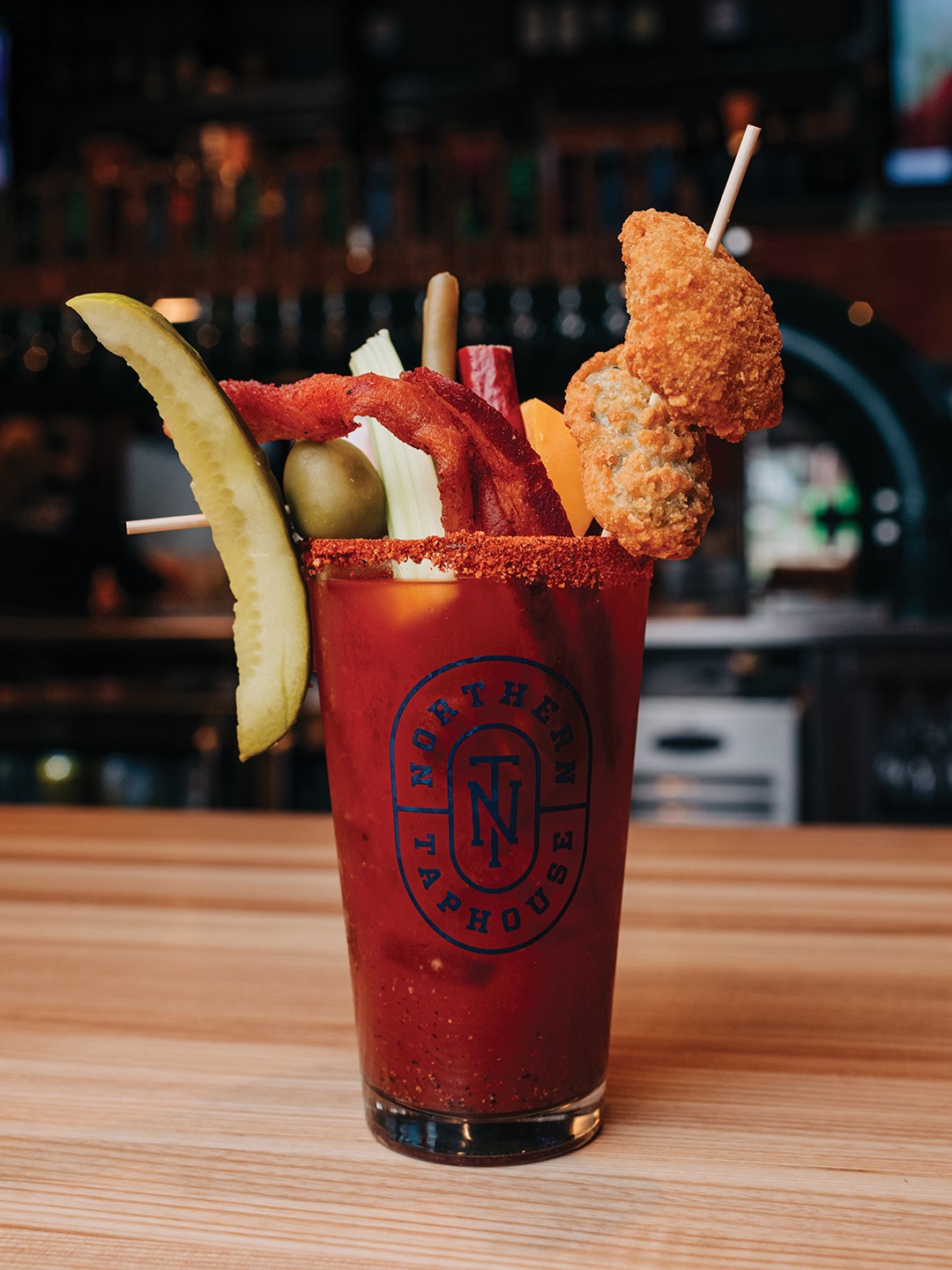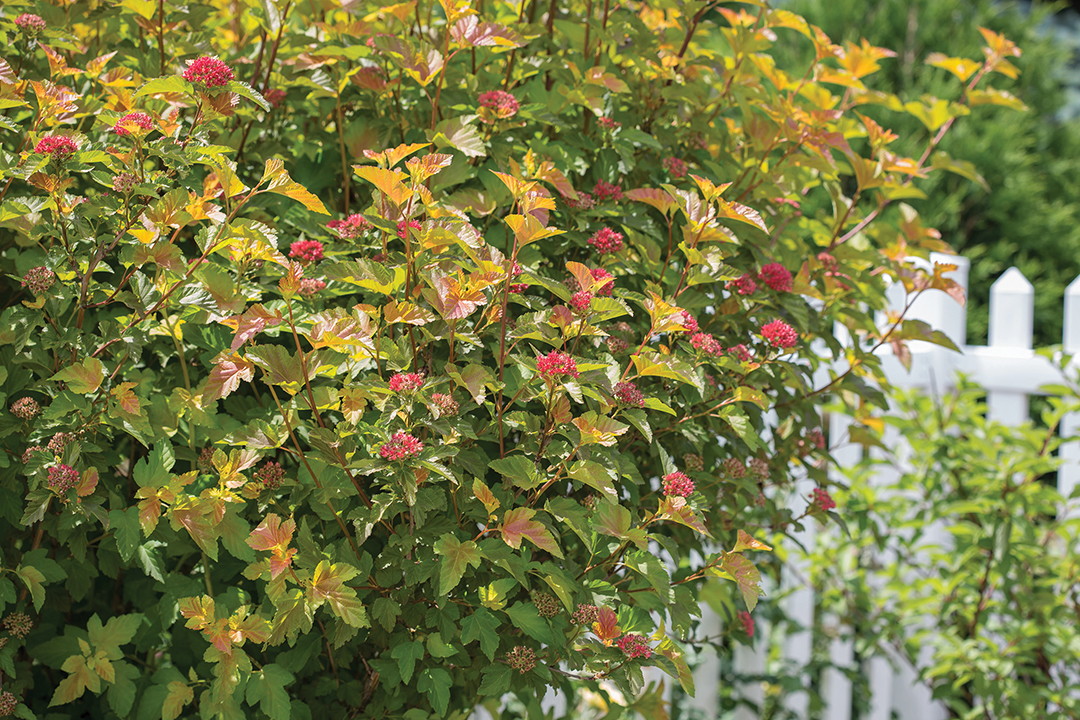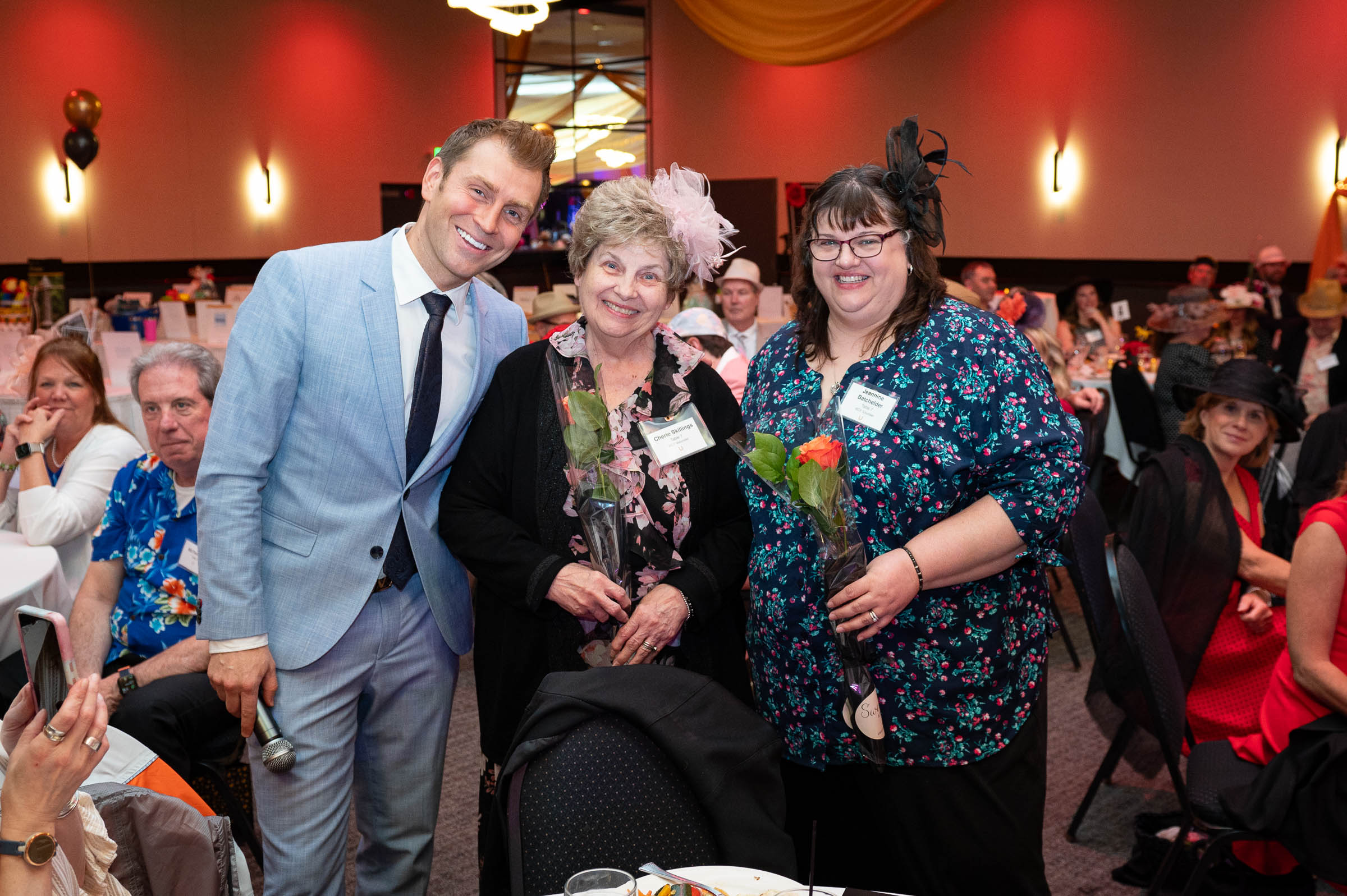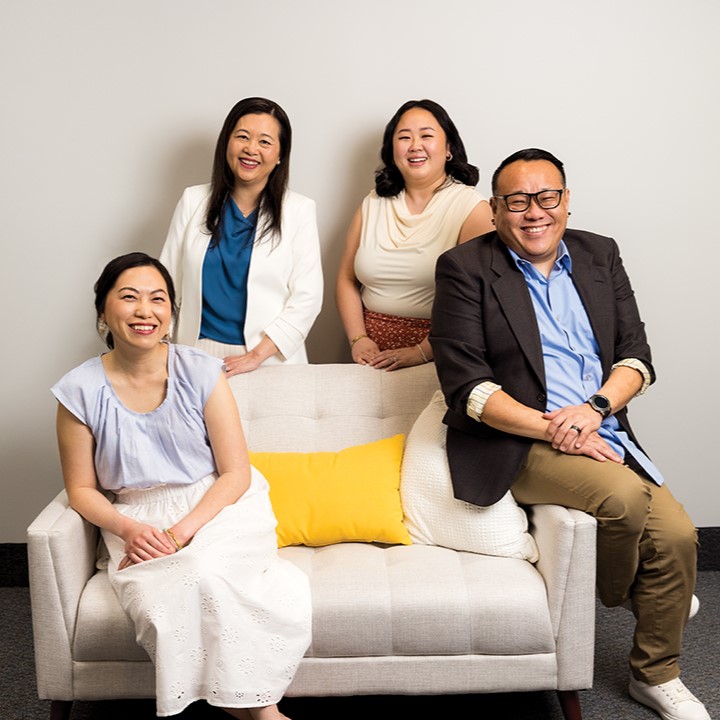
From left to right: Chue Her, Alyssa Kaying Vang, Houa Vang, Mosi Thao. Photo: Chris Emeott
Alyssa Kaying Vang and her team saw a need for mental health care beyond the clinic.
Woodbury’s Hmong community is fortunate to have Alyssa Kaying Vang, PsyD, LP, BC-TMH, in its neck of the woods. Vang is the owner and clinical director of Vanguard Mental Health Clinic. Recently, she and her colleagues launched the Hmong Mental Health Podcast.
Vang says, “It’s been a really fun project for us.” She is joined by Chue Her, LMFT, Houa Vang, LICSW, and Mosi Thao, MA. “It’s a diverse team with different training practices,” she says. On the podcast, a well-rounded table of voices speaks on various topics at the forefront of the Hmong community’s needs, especially in the wake of COVID-19. “People were isolated, losing loved ones, not able to grieve and disconnected,” Vang says. As they brainstormed how to respond to the influx of people consuming mental health information from home, they knew they’d have to embrace a platform that was accessible and popular. “We wanted to do something creative, something outside of our traditional training, that could reach people outside of our clinic,” she says. “We know that mental health is a stigmatized topic in Hmong community—if we waited until they came in the door, we might be too late.”
Many of the people seeking this type of information and guidance are second generation Hmong or what’s called 1.5 generation—people who were born in a different country but who came to the United States very young. Oftentimes, this split identity manifests in a sense of dividedness between two cultures, which often have different approaches to mental health. Because they knew this was their likely audience, Vang says, “We wanted to be strategic and make sure we were providing a resource that was useful.”
Vang says that the podcast maintains the professional component of the clinic but also allows the team to show their personalities in a way that is more digestible to community members. “We felt that it would be less intrusive to our listeners—especially those who are ambivalent about mental health services,” she says, noting she categorizes it as “a gentle approach.”
The podcast is structured for a ready audience looking for healing. “People are always talking about healing because of the historical trauma with the Vietnam War and being refugees, and we see personal trauma based on the residual impact of this historical trauma,” Vang says. Topics touch on definitions and processes of healing, and how healing might be approached differently in a cultural Hmong setting vs. a Western setting. She says, “This is the time for us to introduce something that will give hope to our community.”
Because of challenges adjusting to a new society, many cultural Hmong practices, which are rooted in collectivist social approaches, do not translate to generations that are growing up in the U.S. Vang hopes the podcast can “be the bridge from what was to what is.”
Vang acknowledges that, as Hmong practitioners working with the Hmong community, they’re always addressing cultural pulls in opposite directions. “These are the nuances with the Hmong community,” she says. “I don’t want our younger generations to dismiss our traditional ways of being. Traditional spiritual practices have kept us grounded for generations.”
The Hmong Mental Health Podcast is available on all streaming platforms, including Spotify and Apple Podcasts.


